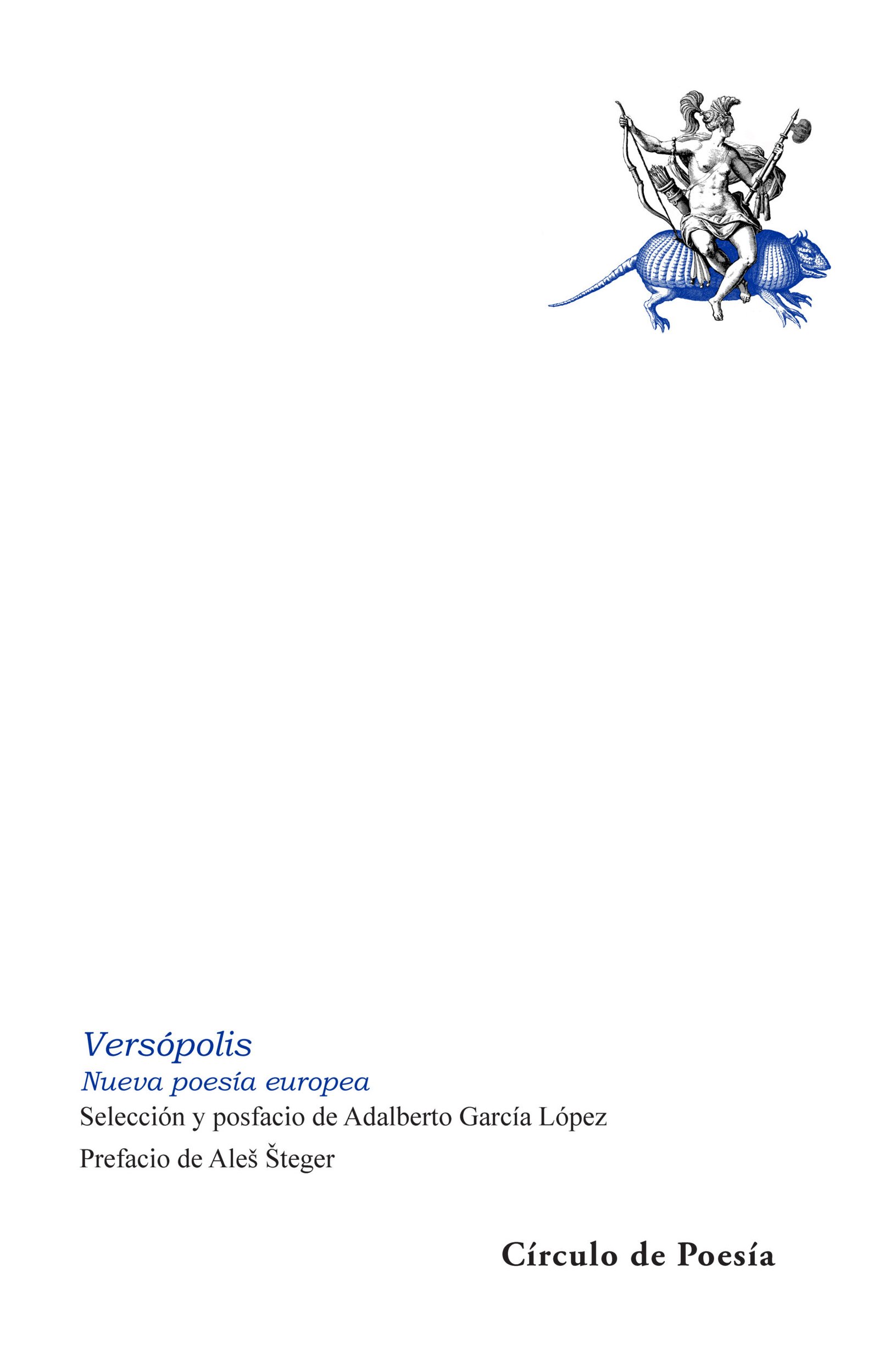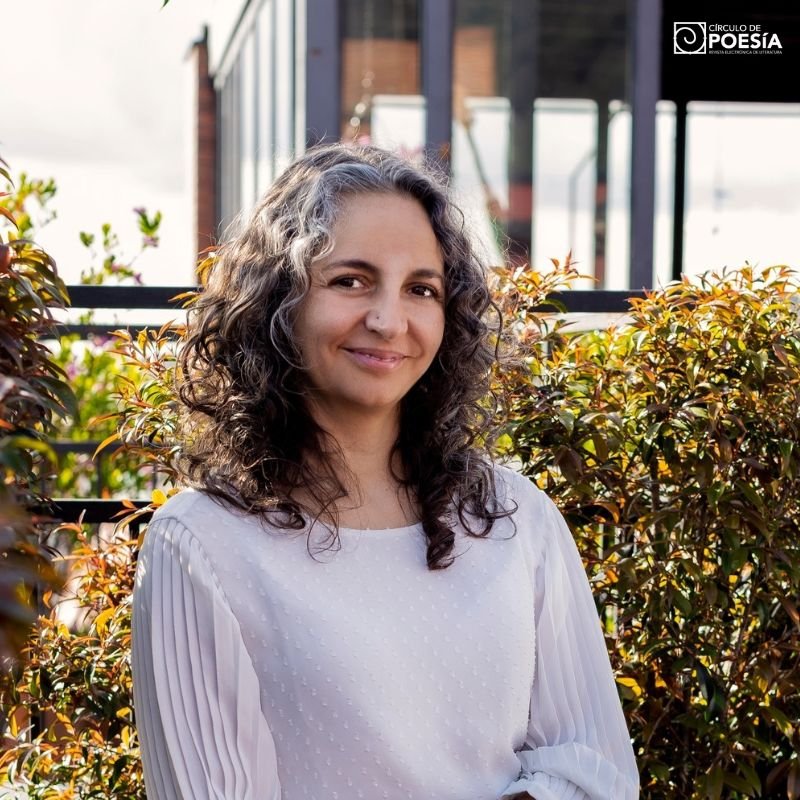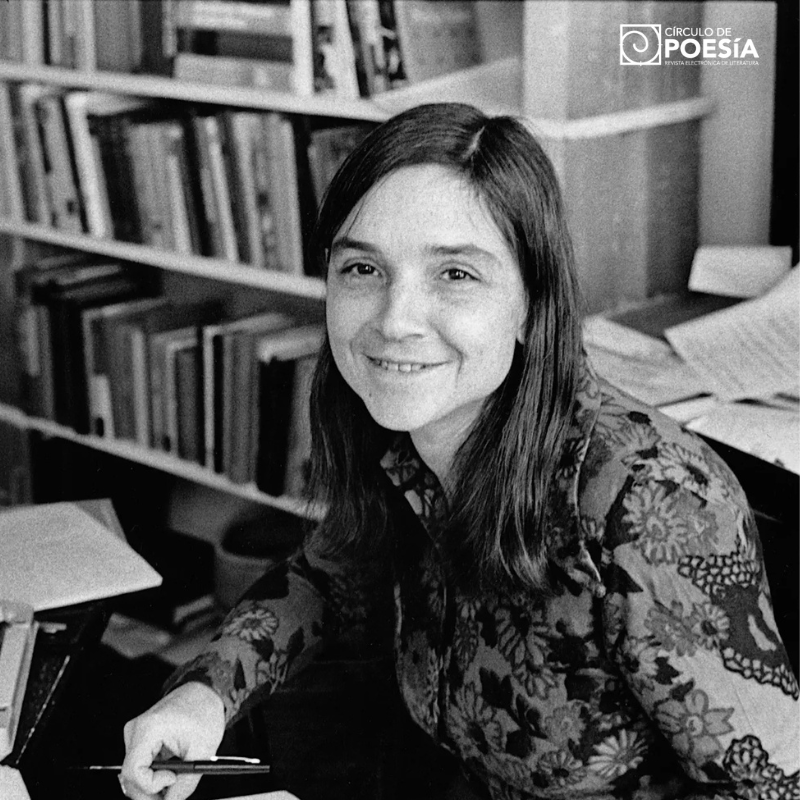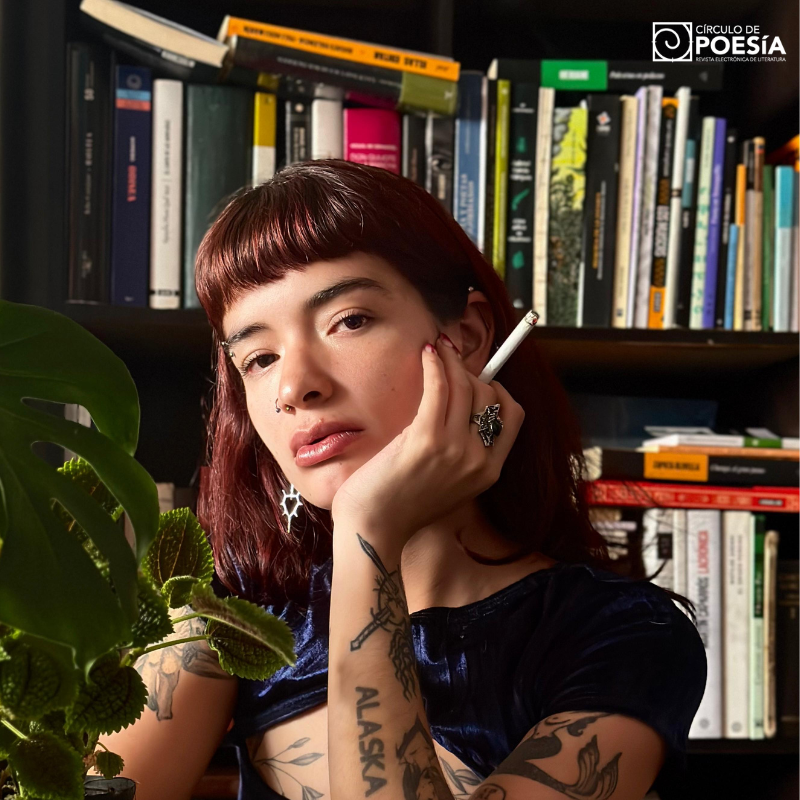Presentamos un poema del poeta norteamericano Philip Levine (Michigan, 1928). Es merecedor del premio Pulitzer y fue Poet Laureate of the United States del 2011 al 2012. La traducción corre a cargo de Juan Carlos Martínez Franco.
Una historia
Todo mundo ama las historias. Empecemos con una casa.
Podemos llenarla con cómodas habitaciones y llenar las habitaciones
con objetos: mesas, sillas, armarios, cajones
cerrados que esconden camas minúsculas
donde los niños durmieron alguna vez
o grandes cajones que bostezan para revelar
prendas dobladas con precisión y lavadas a morir,
impolutas, manidas, esperando a ser gastadas.
Debe haber una cocina, y la cocina
debe tener una estufa, quizás una grande y metálica
con un tubo grueso que desaparezca en el techo
y alcance el cielo y exhale sus olores y conjuras.
Éste era el centro de la vida familiar que fue
alguna vez aquí; éste y el lavabo ―amarillento
alrededor del desagüe― donde el agua, pura o no,
huía sin explicación, más o menos como el punto
de la historia que prometimos y aún estamos por cumplir.
Algo es seguro: una familia estuvo aquí. Puedes ver
la senda desgastada en el linóleo donde la madera,
grisácea, desde luego pino, se revela.
El padre se paraba allí en la mitad de su vida
para llamar a los cielos que imaginó lo escuchaban
más allá del techo. Cuando nadie le contestó
puedes ver dónde su zapato golpeó una
y otra vez, aun cuando había sido educado
en nunca exigir. Y no es que la vida fuera especialmente cruel:
tenían agua que subía del pozo fácilmente,
una estufa que daba calor, una madre que permanecía
ante el lavabo a todas horas y miraba añorante
a donde los bosques alguna vez lanzaron voces
de osos pequeños ―ellos también una familia― y la canción
de los pájaros hace tanto emigrados cuando los bosques se rindieron,
un árbol a la vez, ante la llegada de los obreros
con jarras de café. El lugar desgastado en el alféizar
es donde la madre descansaba su cabeza cuando nadie veía,
esas dos crestas manchadas eran los asideros
con los que contaba; nunca la decepcionaron.
¿Dónde está ella ahora? ¿Crees que tienes el derecho
de saberlo todo? ¿Los niños tan pequeños
como para llenar armarios, tan grandes como para tener
habitaciones propias y abandonarlas, el padre
con su mano derecha alzada contra el cielo?
Si esas preguntas son demasiado personales, dinos pues
¿dónde están los bosques? Debieron haber estado
porque el continente estaba vestido de árboles.
Todos leemos eso en la escuela y sabemos que es verdad.
Aun así, todo lo que vemos son casas, filas y filas
de casas hasta donde alcanza la vista, y donde la vista desaparece
hasta la nada, hasta el nuevo mundo nunca visto por nadie,
donde tiene que haber más que polvo, partículas
de tierra ardiente, la tierra que perdimos,
llevadas por el aire, y nada más.
A Story
Everyone loves a story. Let’s begin with a house.
We can fill it with careful rooms and fill the rooms
with things—tables, chairs, cupboards, drawers
closed to hide tiny beds where children once slept
or big drawers that yawn open to reveal
precisely folded garments washed half to death,
unsoiled, stale, and waiting to be worn out.
There must be a kitchen, and the kitchen
must have a stove, perhaps a big iron one
with a fat black pipe that vanishes into the ceiling
to reach the sky and exhale its smells and collusions.
This was the center of whatever family life
was here, this and the sink gone yellow
around the drain where the water, dirty or pure,
ran off with no explanation, somehow like the point
of this, the story we promised and may yet deliver.
Make no mistake, a family was here. You see
the path worn into the linoleum where the wood,
gray and certainly pine, shows through.
Father stood there in the middle of his life
to call to the heavens he imagined above the roof
must surely be listening. When no one answered
you can see where his heel came down again
and again, even though he’d been taught
never to demand. Not that life was especially cruel;
they had well water they pumped at first,
a stove that gave heat, a mother who stood
at the sink at all hours and gazed longingly
to where the woods once held the voices
of small bears—themselves a family—and the songs
of birds long fled once the deep woods surrendered
one tree at a time after the workmen arrived
with jugs of hot coffee. The worn spot on the sill
is where Mother rested her head when no one saw,
those two stained ridges were handholds
she relied on; they never let her down.
Where is she now? You think you have a right
to know everything? The children tiny enough
to inhabit cupboards, large enough to have rooms
of their own and to abandon them, the father
with his right hand raised against the sky?
If those questions are too personal, then tell us,
where are the woods? They had to have been
because the continent was clothed in trees.
We all read that in school and knew it to be true.
Yet all we see are houses, rows and rows
of houses as far as sight, and where sight vanishes
into nothing, into the new world no one has seen,
there has to be more than dust, wind-borne particles
of burning earth, the earth we lost, and nothing else.
Datos vitales
Juan Carlos Martínez Franco estudió la Licenciatura en Filosofía de la Facultad de Filosofía y Letras de la UNAM. Ha participado en talleres de dramaturgia, teoría y crítica de teatro, poesía y traducción. Ganador del Concurso de Ensayo de Crítica Universitaria convocado por CONARTE en 2012. Invitado al IV Encuentro Nacional de Escritores Jóvenes de Monterrey en 2012. Becario en dos años consecutivos para el Curso de Creación Literaria en Xalapa (2011 y 2012) y Monterrey (2013). Invitado especial en el Encuentro Nacional de Escritores Jóvenes Jesús Gardea en 2013. Cursó el VIII Diplomado de Creación Literaria del Centro Xavier Villaurrutia del INBA.





